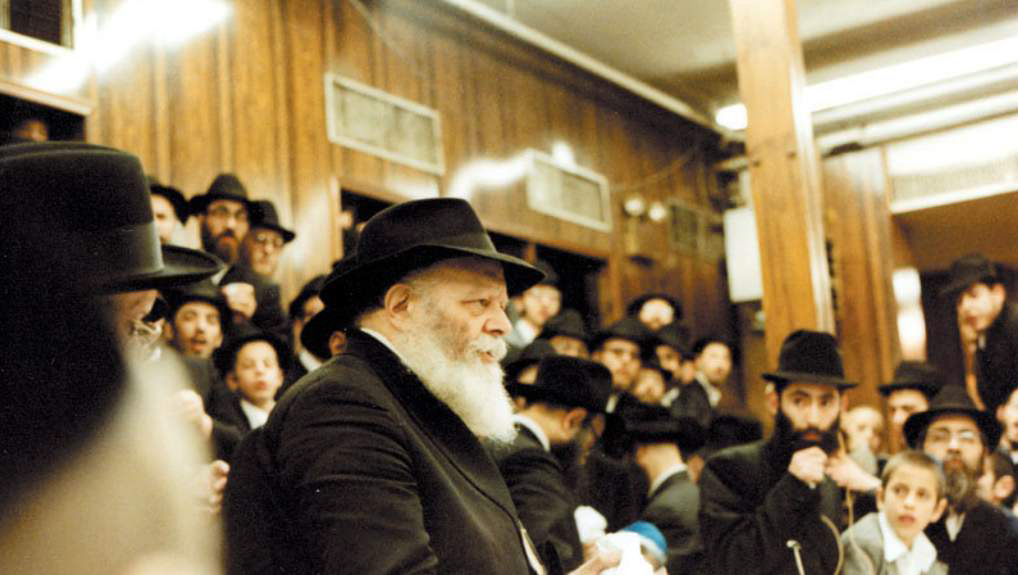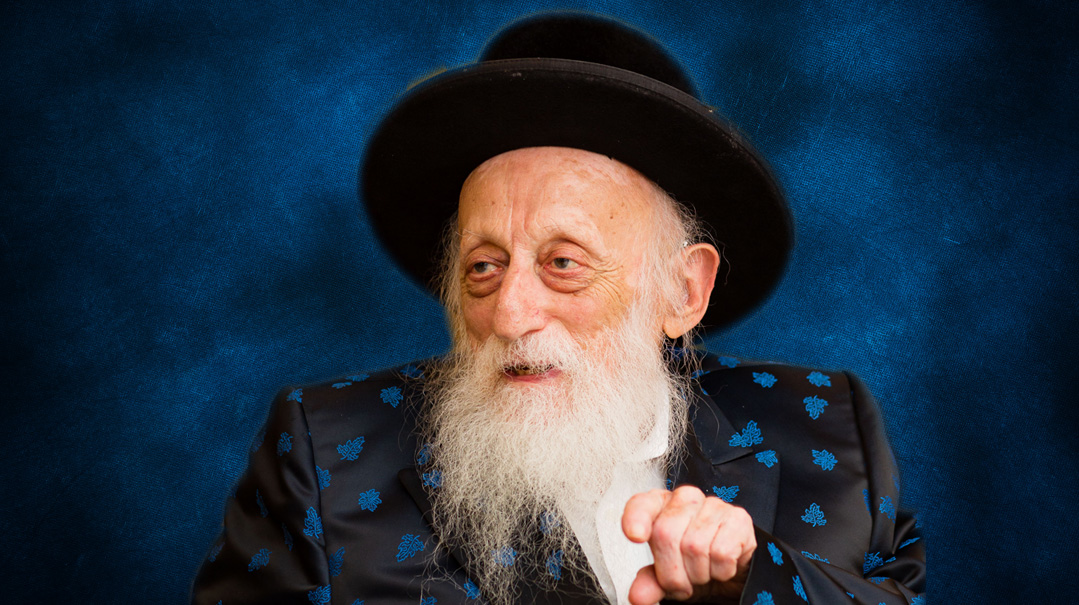Rush of Joy
| February 5, 2019
Engagement. Standing at the threshold of a new life. It's a memorable merging of heady dreams and practical plans. In some chassidish circles, weddings are routinely celebrated a full year after the engagement, while litvish norms range from two to five months. But when compelled by family circumstances such as illness, an engagement can shrink to just five or six weeks.
Can a wedding be pulled together under such pressure? and how does the emotional tug of war between joy and grief affect the young couple?
There’s nothing like the joy of having a kallah in the house. And there’s nothing like the anxiety and grief of facing a terminal illness. Koheles, in his wisdom, assures us that seasons of joy and sadness both come and pass: “A time for everything under the sun… a time to mourn… a time to dance” — but when these two times coincide, the emotional dichotomy between the joy of an engagement period and the weighty sadness of illness may strain the fragile bonds that are yet being tied.
Devora, from Flatbush, got engaged five years ago. Eight days later her father was diagnosed. The prognosis was grim, but they received a brachah from a rebbe that the simchah of Devora’s marriage would lead to more simchah. Heeding this advice, her wedding was held less than a month later. Her special time as a kallah was uneclipsed, she says.
“There was a lot of sadness and fear about my father’s prognosis, but I don’t remember my excitement being dimmed. We had this brachah and a feeling that simchah could help us, and we focused on that. Of course getting married was exciting for me personally, and my family worked hard to keep me from feeling the darkness of the prognosis,” says Devora.
Her parents would return late at night from consultations with doctors, and every evening, her father would dance mitzvah tantz with her in the living room, “Just in case he wouldn’t make it.” Yet they refused to become depressed. “Looking back, I can only say that Hashem gives a person strength to cope with what they need to.”
When Adina looks back at the hectic period before her marriage 12 years ago, she’s amazed at the way her mother ensured that her daughter had a joyful engagement while her father, Adina’s grandfather, faced the final stages of his illness. The family made the decision to have a short, six-week engagement because they wanted him to take part in the simchah.
“We did our shopping in the city during the day, and on the way home, stopped to spend evenings with my grandfather in the hospital. Of course we were davening and were very concerned about him, but I had to be in accomplishing mode. I had to keep moving and doing. I didn’t feel my simchah diminished because of my mother’s sadness, either. She held it in check and didn’t let me feel it much.” Despite their best intentions, though, Hashem had other plans and he passed away a week before the wedding. At the Shabbos sheva brachos, which had been planned with her frail grandfather’s needs in mind, the family gathered around the table, unused to the empty seat.
(Excerpted from Family First, Issue 629)
Oops! We could not locate your form.












